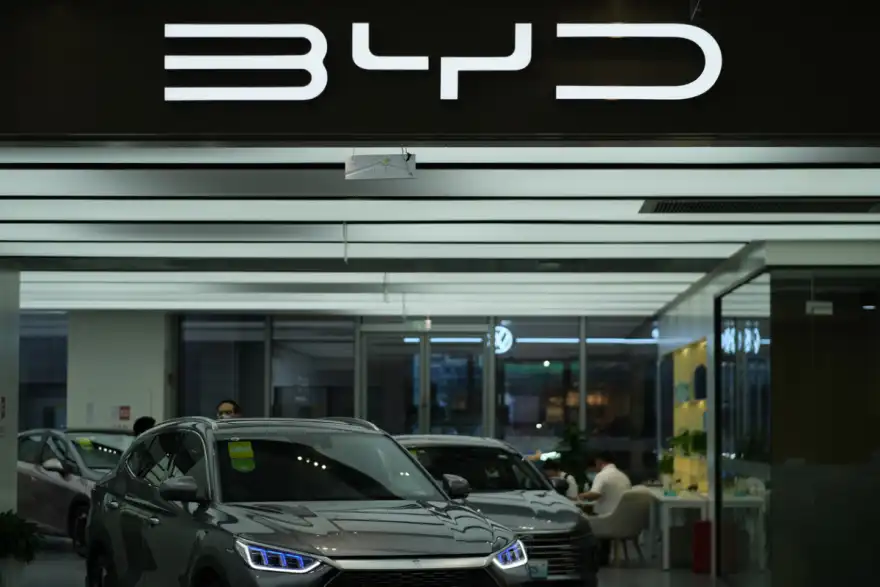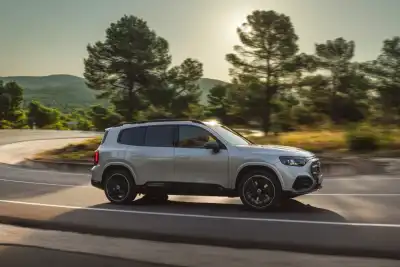
Elon Musk, the founder and CEO of Tesla, has cautioned that Chinese automotive brands could outperform global competitors unless trade barriers are in place. While Tesla has been a dominant force in the electric vehicle market, Chinese manufacturers have made significant strides in recent years, expanding into Europe and North America to secure a substantial global market share.
Chinese firms enjoy advantages such as lower production costs and better access to materials necessary for electric vehicle manufacturing, giving them a competitive edge.
Musk emphasised that Chinese car companies are among the most formidable globally, and their success outside of China depends on the presence of tariffs or trade barriers.
During Tesla's recent earnings call, Musk stated, "Our observation is generally that Chinese car companies are the most competitive car companies in the world. If there are no trade barriers established, they will pretty much demolish most other car companies in the world. They're extremely good."
BYD, supported by Warren Buffett's Berkshire Hathaway, surpassed Tesla in electric vehicle sales in the last quarter of 2023. Musk, who once downplayed the quality of Chinese cars, now acknowledges their competitiveness. He previously suggested that in the future, the top 10 car makers would include Tesla and nine Chinese manufacturers.
Tesla is adjusting its strategies to stay competitive, including continuous price reductions. Musk hinted at the development of a cheaper, mass-market electric vehicle called "Redwood," expected to commence production in the second half of 2025 at the Texas factory. Despite earlier reports of a £21,700 electric car produced in Berlin, Tesla's current focus seems to be on the "Redwood" model.
As Tesla explores cost-cutting measures, Giga Berlin, its factory in Europe, has faced production challenges due to a Houthi rebel attack in the Red Sea. Nevertheless, Tesla remains a prominent player in the electric vehicle market, navigating the evolving landscape of global competition.




